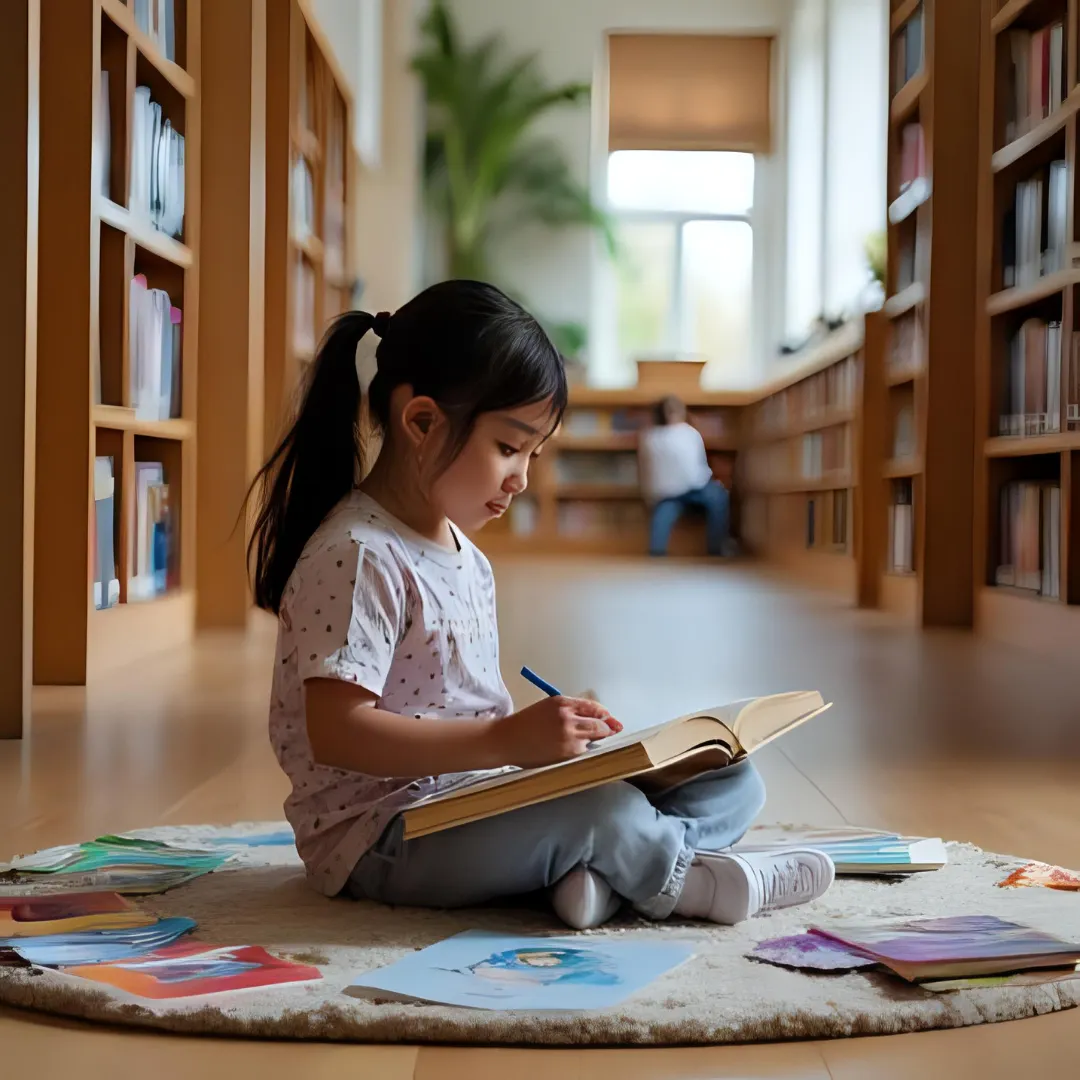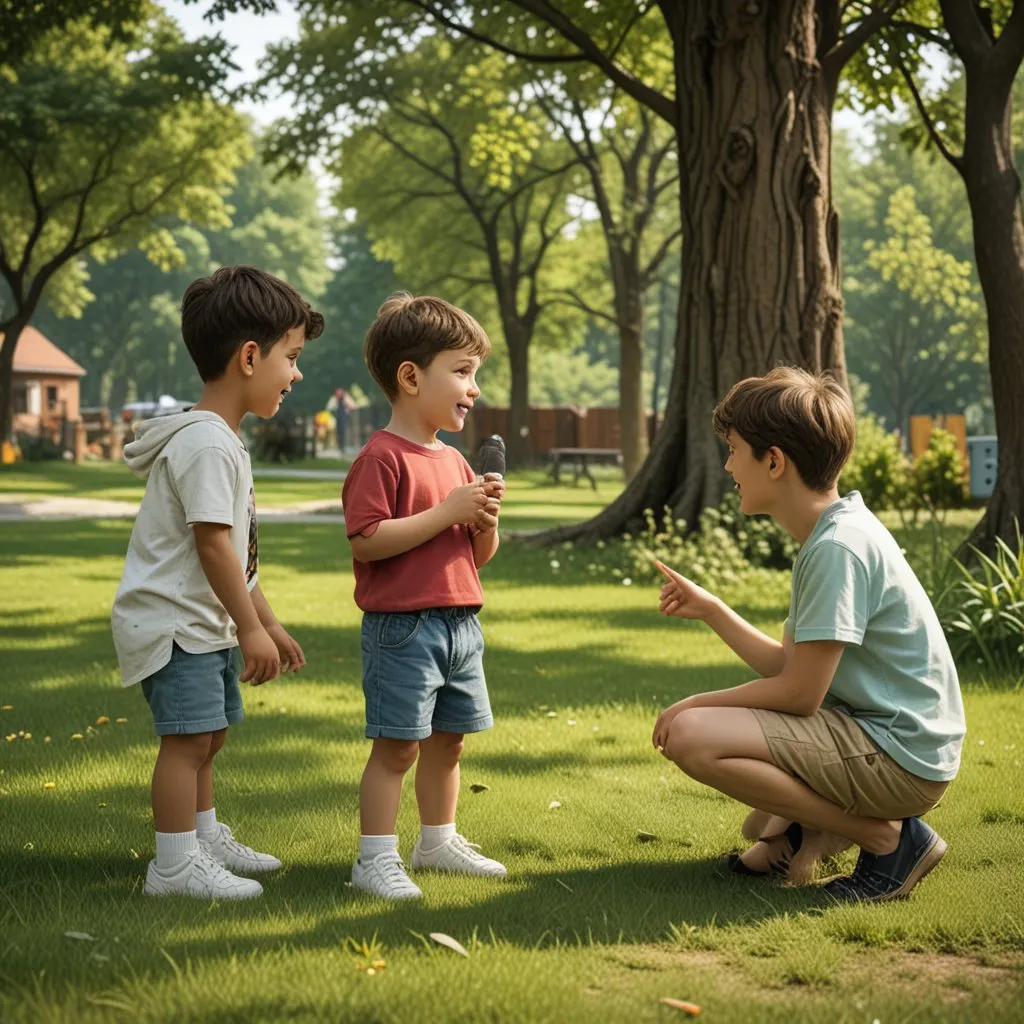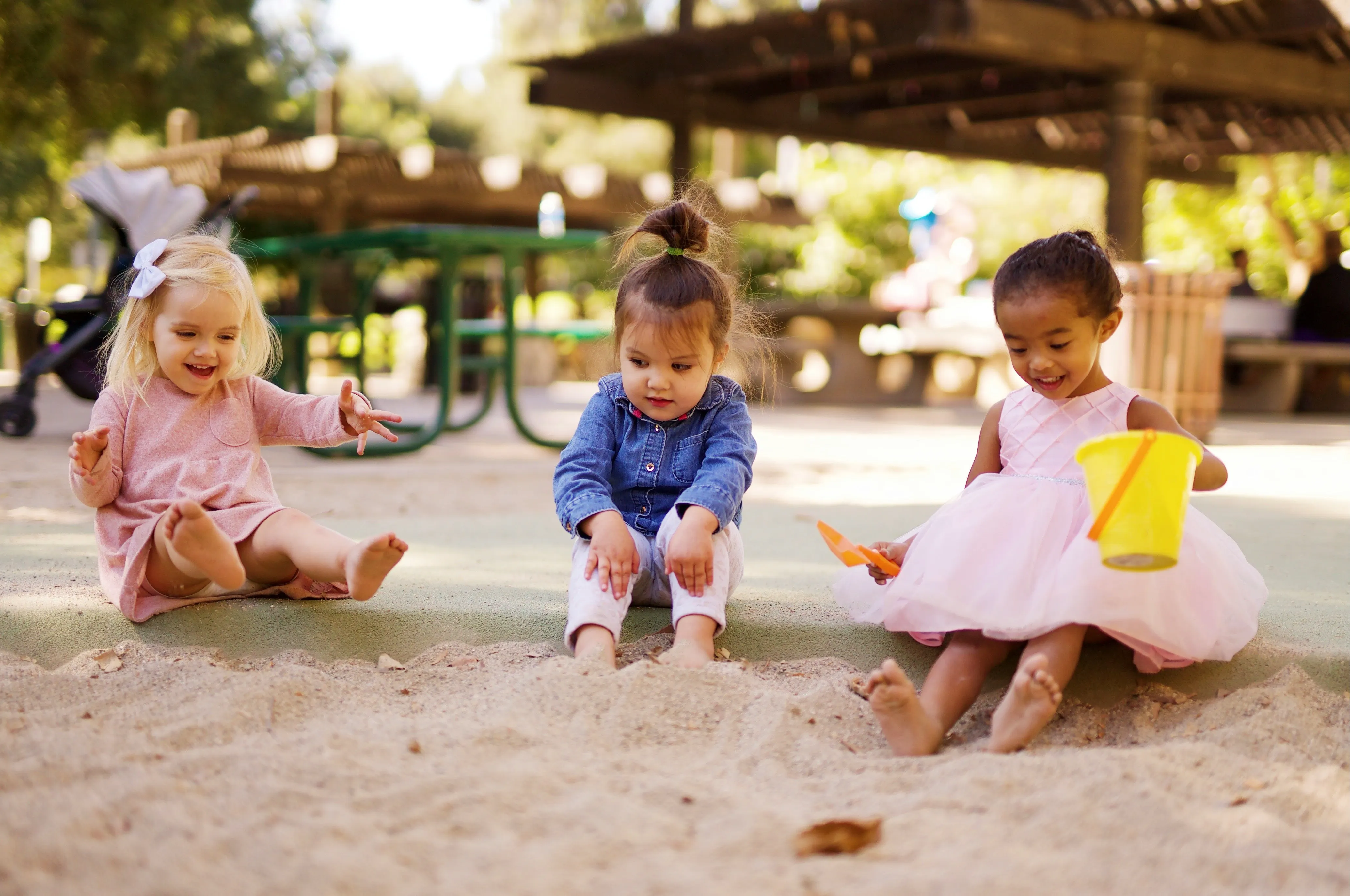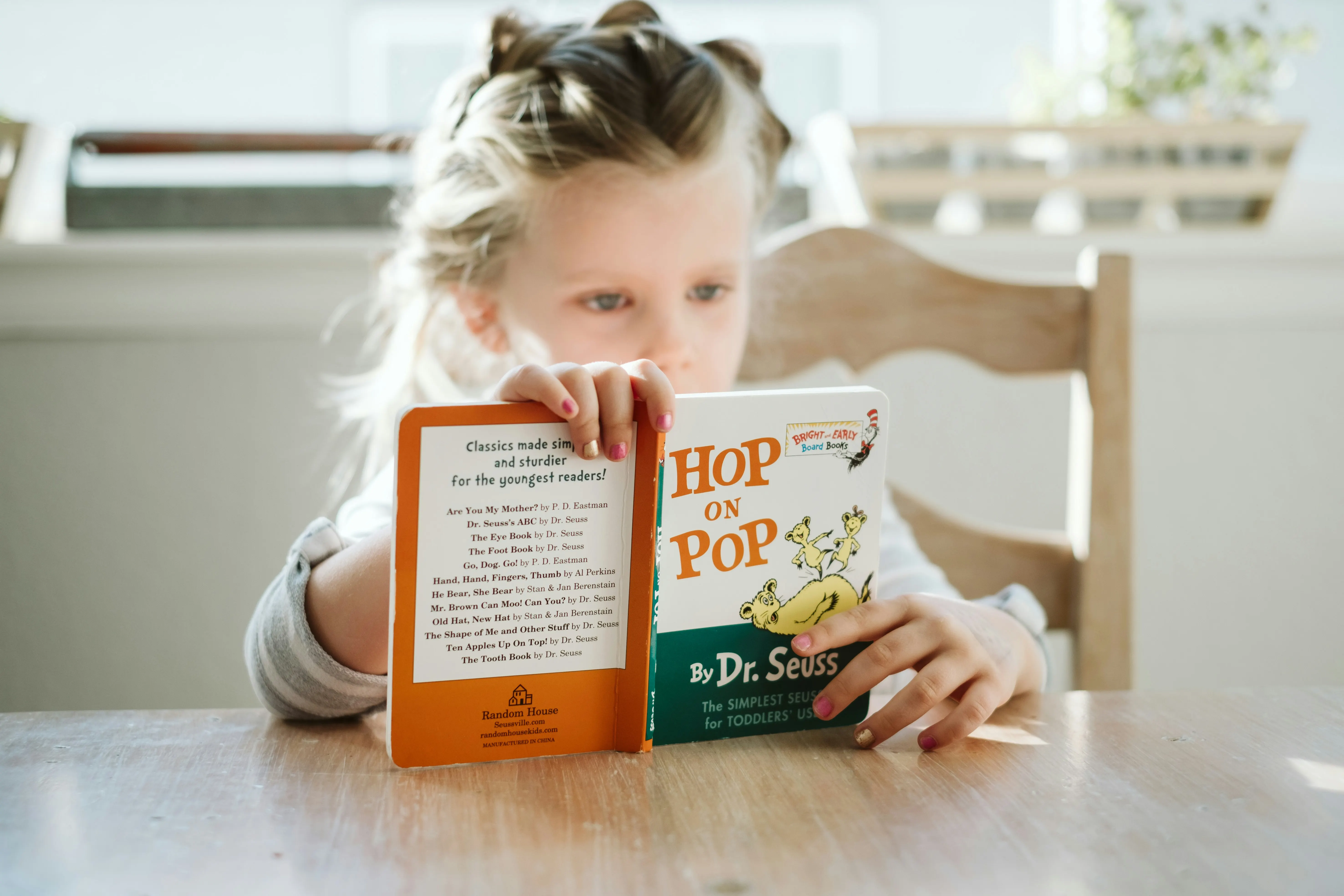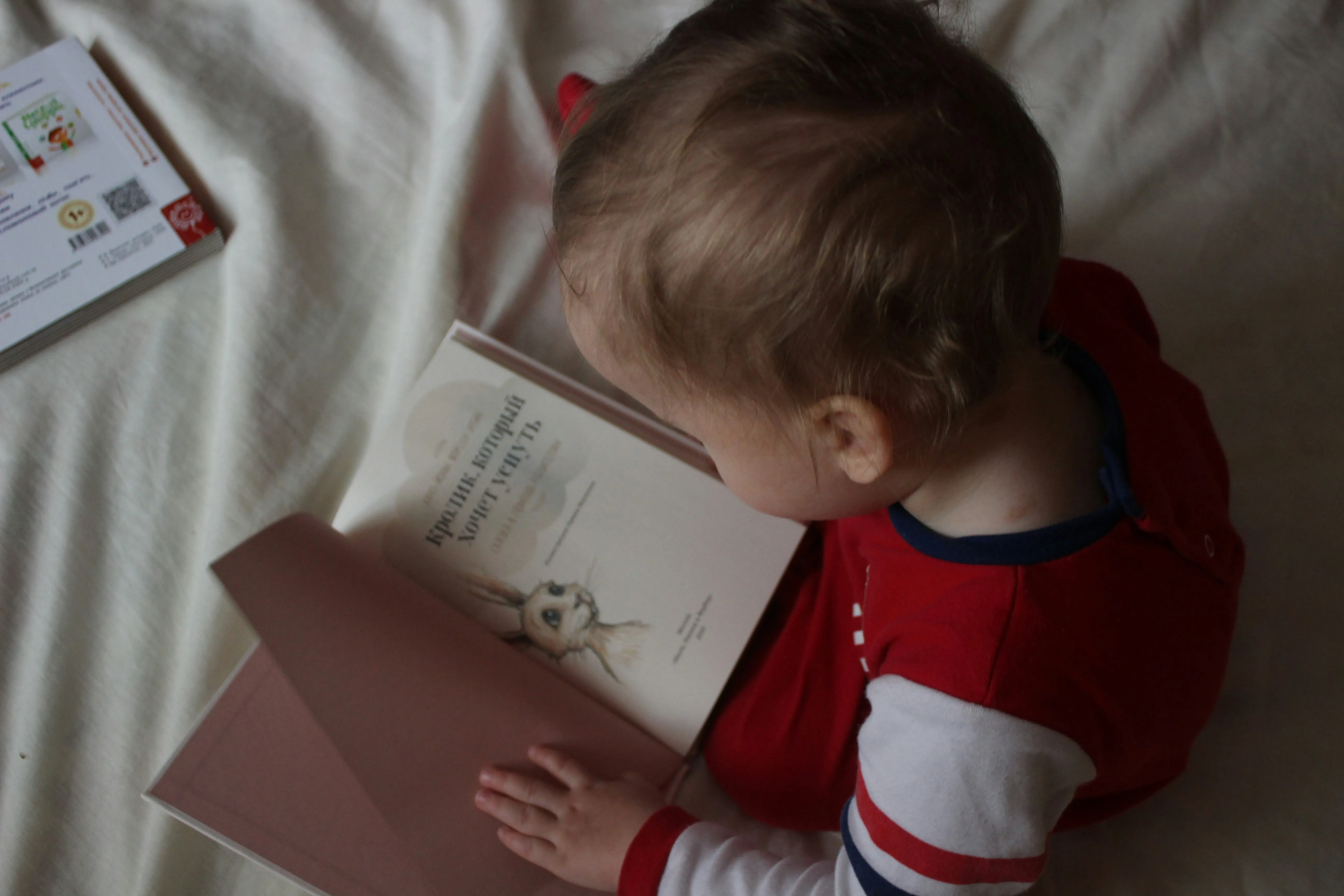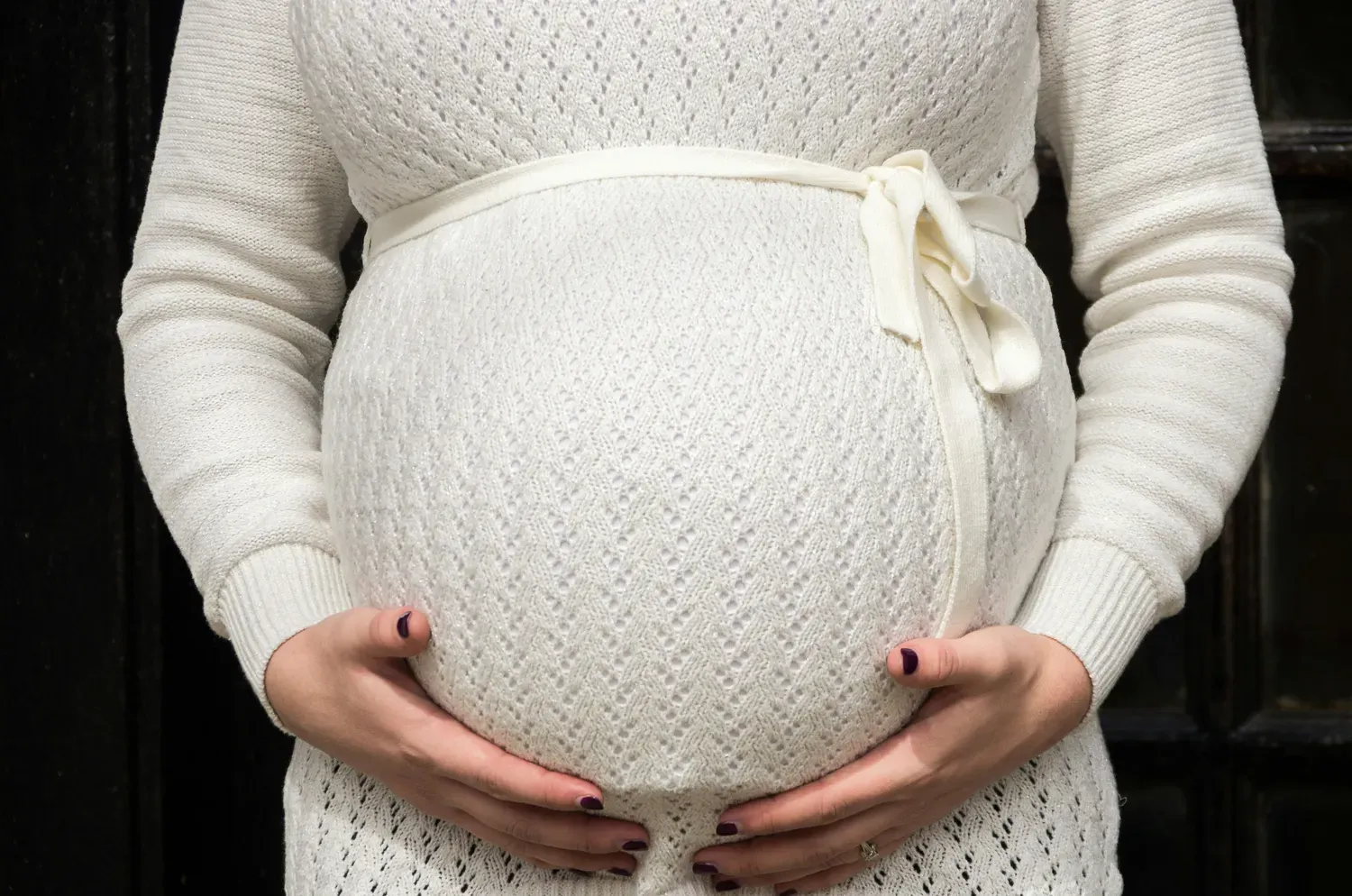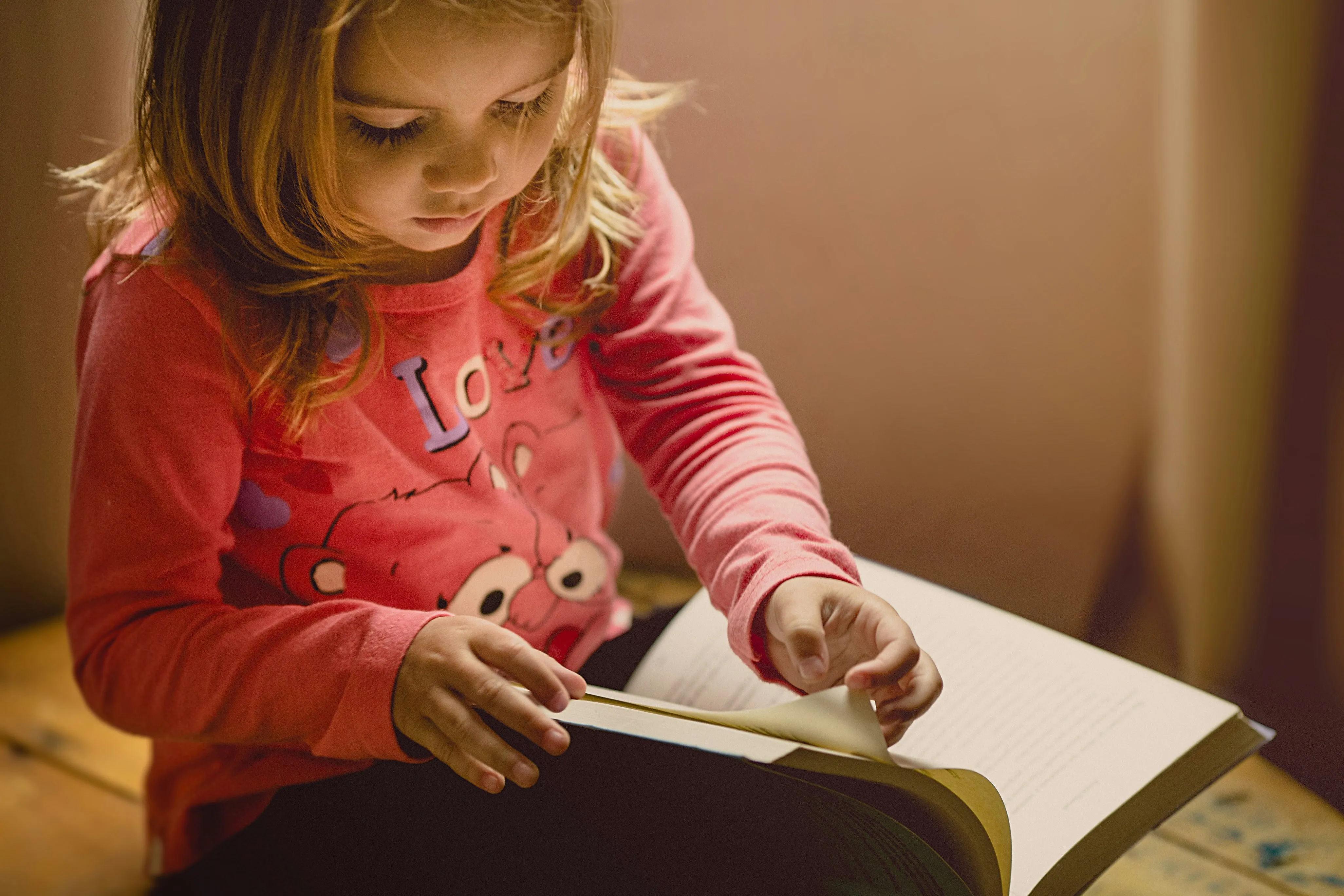The First 36 Months: A New Parent Guide-lette

Early Literacy Development from Prenatal to 36 Months: Cognitive, Language and Literacy Skills
During the first 36 months of a child's life, significant cognitive development and early literacy skills begin to emerge. This period is crucial for laying the foundation for future learning and intellectual growth.
In the early months, infants start to develop basic cognitive abilities such as attention, memory, and problem-solving. They begin to recognize familiar faces and objects, respond to their name, and show curiosity about their surroundings. As they grow, their cognitive skills become more sophisticated, and they start to understand cause-and-effect relationships, engage in pretend play, and demonstrate a growing understanding of language.
During this stage, infants also develop object permanence, which is the understanding that objects continue to exist even when they are out of sight. They may engage in simple problem-solving tasks, such as finding a hidden toy or fitting objects into containers. This period is also characterized by rapid brain development and the formation of neural connections, which lays the foundation for later learning.

Defn:
Object Permanence- the understanding that objects continue to exist even when they are out of sight
Even in the first years of life, children start to acquire early literacy skills that are essential for later reading and writing. They develop an awareness of sounds, known as phonological awareness, and start to recognize and differentiate between spoken words. They may babble, imitate sounds, and eventually produce simple words and sentences.
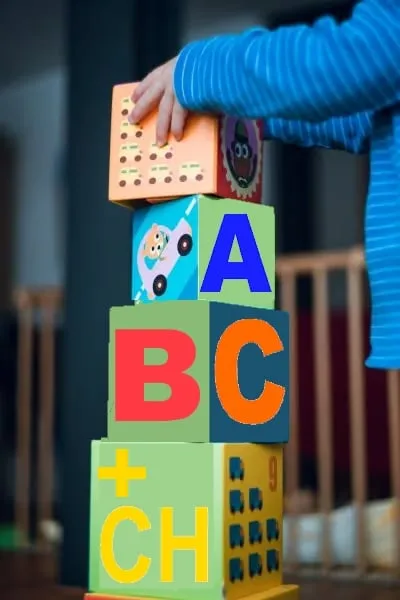
As children grow, their vocabulary expands, and they begin to understand the meaning of words. They develop the ability to follow simple spoken instructions and engage in conversations with others. They also start to enjoy books and engage in activities such as turning pages, pointing to pictures, and attempting to read along with a caregiver.
Early literacy skills go beyond just reading and writing. They also include skills such as listening, speaking, and understanding language. By nurturing these skills, parents and caregivers can help children develop strong communication skills and a love for language.
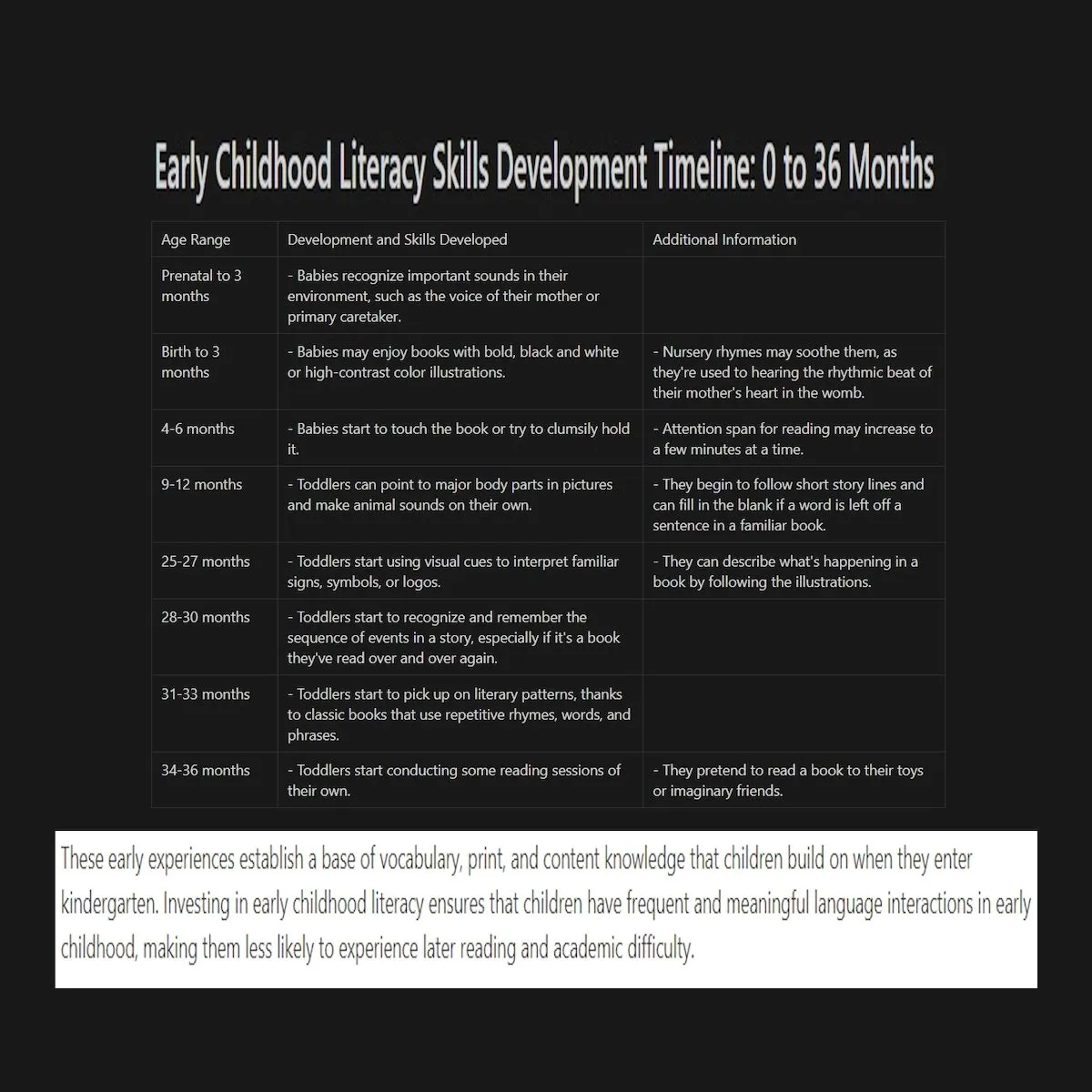
It is important to provide a rich and stimulating environment during this period to support and enhance cognitive development and early literacy skills. This can be done through activities such as reading aloud, singing songs, playing games, and providing opportunities for exploration and discovery.

By understanding and nurturing early cognitive development and early literacy skills during the first 36 months, parents and caregivers can lay a strong foundation for their child's future learning and academic success.

Early Literacy Development: Prenatal to 36 Months
Child development is a complex process that varies from child to child. However, there are certain stepping stones that most children reach at specific ages.
Here's a brief summary of cognitive, literacy, and language development from prenatal to 36 months:
Prenatal to Birth
Cognitive development begins in the womb, with the fetus starting to respond to external stimuli such as sound.

Birth to 3 Months
Cognitive: Infants start to demonstrate anticipatory behaviours, detect differences in sound, pitch, and volume, recognize objects within a distance of 13 inches, focus on moving objects and the movements of someone's face, and see all the colours within the human visual spectrum[1].
Language: Babies start to communicate through sounds, facial expressions, and gestures[8].

4 to 6 Months
Cognitive: Infants begin to replicate facial expressions and react to familiar sounds in their environment[1].
Language: Babies continue to communicate through sounds, facial expressions, and gestures. They also start to experiment with sounds[8].
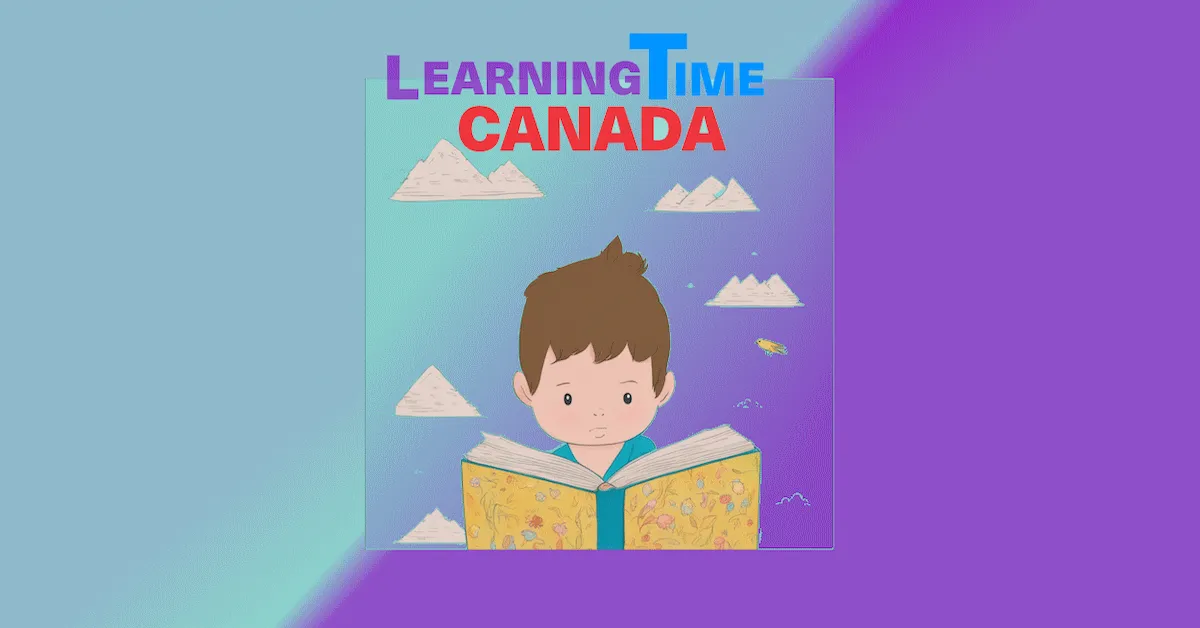
7 to 12 Months
Cognitive: Infants start to understand the concept of object permanence, meaning they realize that objects continue to exist even when they can't see them[1].
Language: Babies start to understand simple words like "no" and "bye-bye", and they may start to use their own simple words or phrases[9].
13 to 24 Months
Cognitive: Toddlers begin to recognize themselves in pictures or mirrors, follow simple one-step instructions, and start to play simple pretend games[1].
Language: Toddlers start to use simple phrases, such as "more milk", and ask one- to two-word questions like "Go bye-bye?"[9].
Literacy: Toddlers start to show interest in books and can turn board book pages easily, one at a time. They may also start to "read" familiar books to themselves[5].
18 Months- The "Word Spurt"
see our article about the Word Spurt or Naming Explosion here

25 to 36 Months
Cognitive: Toddlers can now compare sizes, work toys with buttons, levers, and moving parts, and build towers of more than six blocks[4].
Language: Toddlers' vocabulary expands quickly, and they start to use words you didn't even realize they knew. They also start to pick up on context clues when listening to others and improve their conversational skills[3].
Literacy: Toddlers start to understand what text is, move their finger along text, "write" their name, and move toward letter recognition. They may also pretend to read books to imaginary friends or stuffed animals and even make up their own storylines[11].
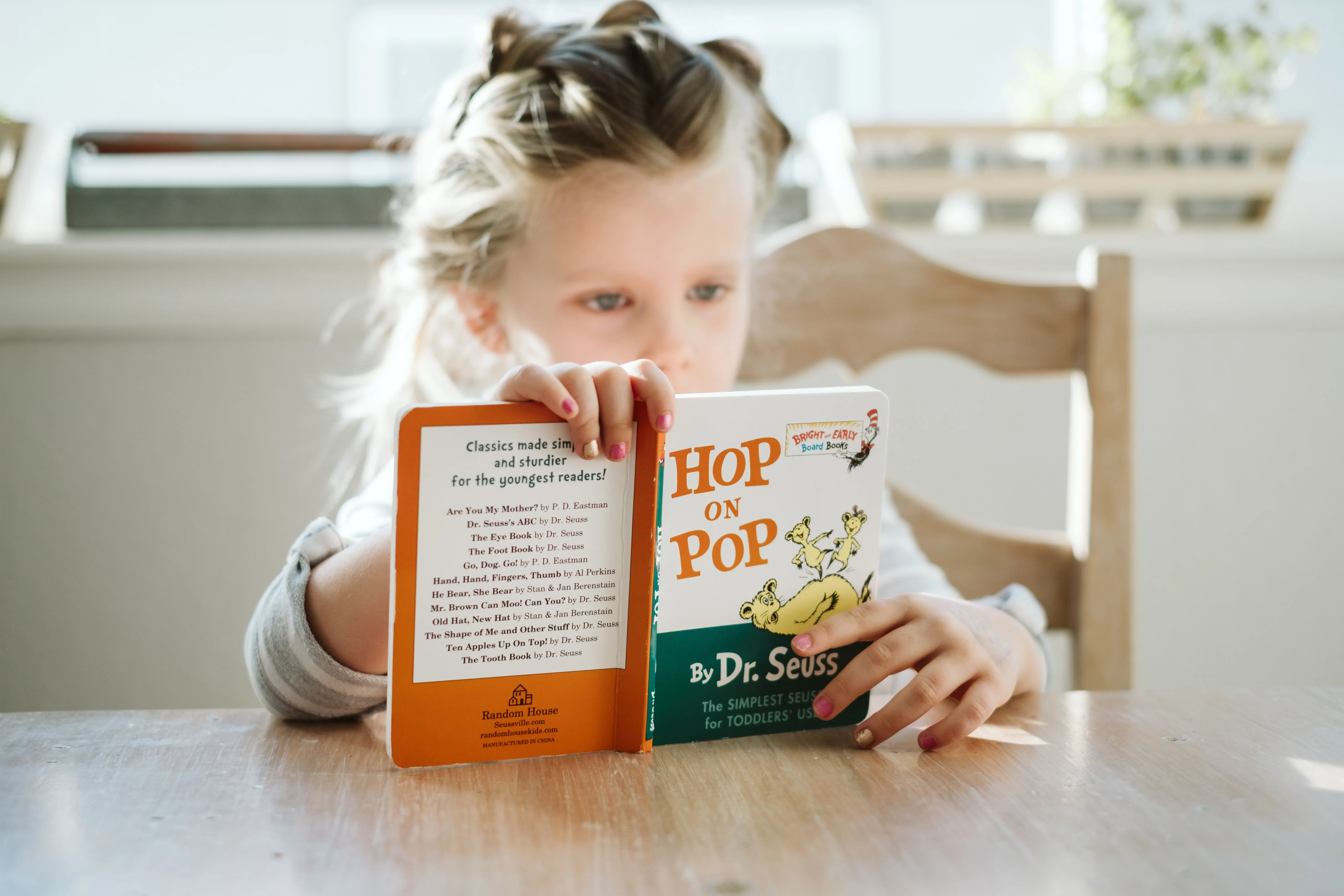
Remember, these are general guidelines and individual children may reach these stepping stones at different times. If you have any concerns about your child's development, it's always a good idea to consult with a pediatrician or a child development specialist.
Citations:
[0] https://learningtime.ca/blog/post/word-spurt-naming-explosion
[1] https://aboutplaysc.com/cognitive-development-milestones-for-children-0-3-years/
[2] https://www.zerotothree.org/resource/language-and-literacy-skills-from-24-36-months/
[3] https://babysparks.com/2020/04/23/the-evolution-of-speech-months-25-36/
[4] https://www.virtuallabschool.org/infant-toddler/cognitive-development/lesson-2
[5] https://www.uab.edu/medicine/peds/images/NBFU/Dev_Milestones_of_early_literacy_ROR.pdf
[6] https://www.home-speech-home.com/language-development-in-toddlers-30-36-months.html
[7] https://www.healthlinkbc.ca/pregnancy-parenting/parenting-toddlers-12-36-months/toddler-growth-and-development/toddlers-2
[8] https://www.zerotothree.org/resource/supporting-language-and-literacy-skills-from-0-12-months/
[9] https://www.mayoclinic.org/healthy-lifestyle/infant-and-toddler-health/in-depth/language-development/art-20045163
[10] https://helpmegrowmn.org/HMG/DevelopMilestone/CognitiveMilestones/index.html
[11] https://babysparks.com/2020/05/27/reading-milestones-25-36-months/
[12] https://www.gosh.nhs.uk/conditions-and-treatments/procedures-and-treatments/speech-and-language-development-12-24-months/
[13] https://www.verywellmind.com/cognitive-developmental-milestones-2795109
[14] https://youtube.com/watch?v=J5KU67uvVgQ
[15] https://www.healthlinkbc.ca/pregnancy-parenting/parenting-babies-0-12-months/baby-growth-and-development/speech-and-language
[16] https://depts.washington.edu/dbpeds/Screening%20Tools/Devt%20Milestones%20Table%20%28B-6y%29%20PIR%20%28Jan2016%29.msg.pdf
[17] https://eclkc.ohs.acf.hhs.gov/curriculum/consumer-report/curricula/growing-great-kids-prenatal-36-months
[18] https://extension.unr.edu/publication.aspx?PubID=2469
[19] https://edn.ne.gov/cms/developmental-milestones-31-through-36-months
[20] https://www.bbbgeorgia.org/learning-and-development-children-24-to-36-months
[21] https://raisingchildren.net.au/toddlers/development/language-development/language-1-2-years
[22] https://www.ncbi.nlm.nih.gov/books/NBK537095/










